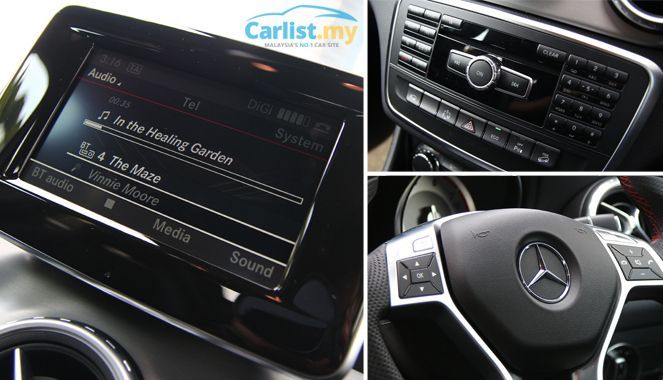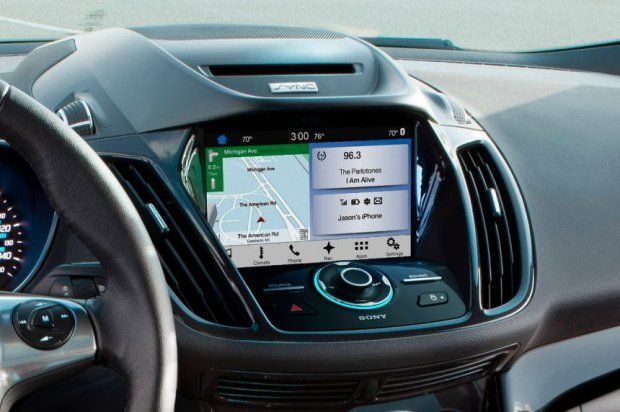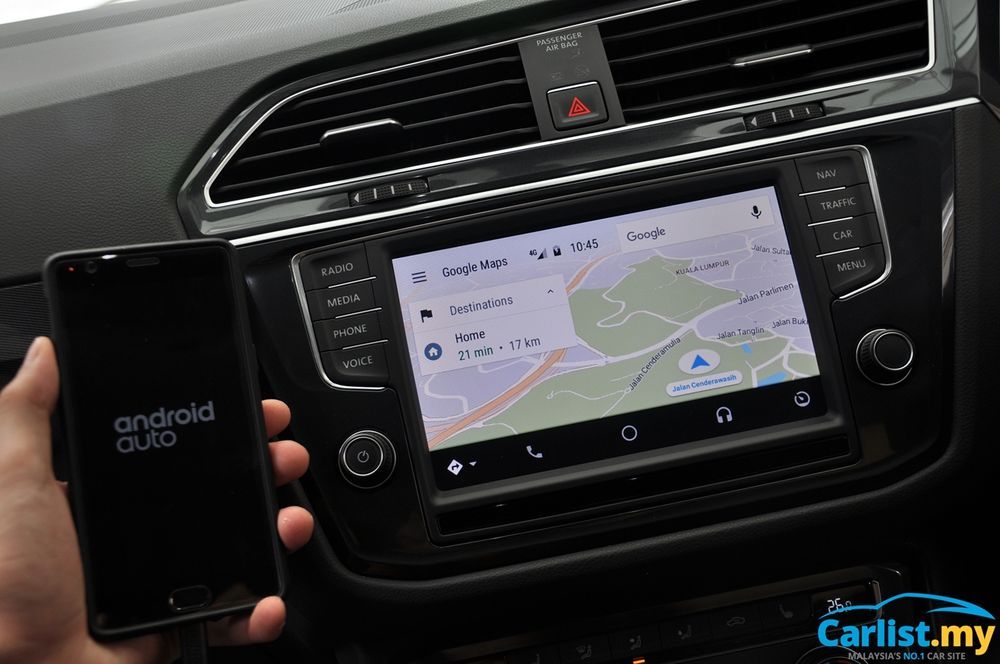Toyota To Use Open-Source Software For Future Models
所有资讯The upcoming 2018 Toyota Camry that will go on sale in North America will feature a Linux-based, open source software. The infotainment system on the Camry will be Toyota's first-ever model to run on Linux.
Called Automotive Grade Linux (AGL), the new platform is a collaboration work between several car manufacturers, including Toyota, Mazda, Suzuki, Daimler and Ford. The aim is to create an industry standard for connected vehicles.

AGL can also be the basis for advanced driving technologies, such as automonous driving and connected cars.

While the move to Automotive Grade Linux can speed up development lead times plus standardizing interfaces, this can come at a cost, as connected vehicles can be vulnerable to hackers with malicious intend. Most car manufacturers wouldd turn a blind eye, as they are reluctant to share customer data with corporations such as Google.
Kenichi Murata,group manager of Connected Strategy and Planning at Toyota told Reuters "It's very necessary to reduce the overhead of duplication work among our suppliers so they can spend more time to create new things rather than maintaining fragmentary codes." Similar to an operating system such as Windows 10, a car also has several million lines of codes for it to function correctly. Unlike coding a mobile application which usually takes a couple of months, coding for vehicles takes up considerably more time, upwards several years.

Currently, most car manufacturers offer both Apple CarPlay and Android Auto connectivity. These two interfaces aren't the suitable for car manufacturers, seeing that car manufacturers want more control over the infotainment system, as opposed to adhering what companies such as Google or Apple have to offer. Android Auto and Apple CarPlay is also rather restrictive when it comes to usability and functionality, as these systems are not designed to hook up to the car's OBD-II diagnostic system or control the air-conditioning system.
Elsewhere, Volvo have said they will be partnering up with Google to develop its next generation of infotainment system. Unlike Automotive Grade Linux, Volvo's choice to partner with Google means that its future infotainment system can benefit from the vast amount of applications readily available on Google Play Store.
What about MirrorLink you may ask? MirrorLink is basically a protocol for phones to mirror its display to the infotainment system, with a rather limited choice of applications that can actually be mirrored over. MirrorLink is not as deeply integrated into the car's core functions, as opposed to AGL or Android on Volvo.
Closer to home, the new Honda Civic's infotainment system already runs on an Android-based operating system.